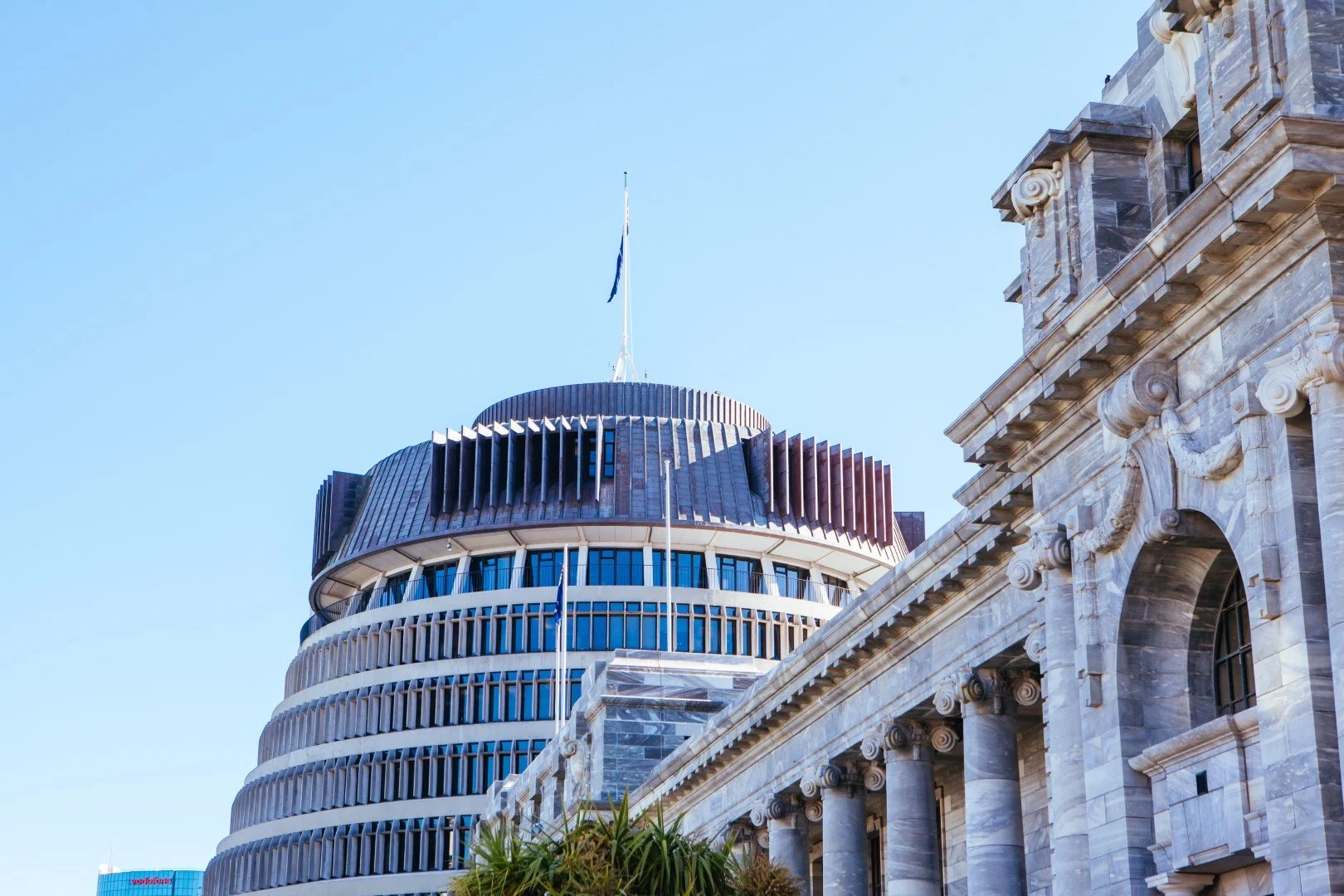‘The stars aligned’ is usually a saying associated with good fortune or perfect timing. Sometimes, though, the alignment of celestial bodies can bring about some serious risks. For example when the Earth, moon, and sun are just so, you get a king tide – which can be a very real issue for those dwelling along the coast.
With the rapid swell of inflation, we can see a similar effect.
This week marked the official rise of inflation, as measured by the Consumers Price Index (CPI), past 7 percent annually. It is now sitting at 7.3 percent, the highest it’s been in 32 years. This is 1.7 percent up on the previous quarter.[i]
7.3 percent is also beyond what the RBNZ and most economists expected the inflation rate to be at this time. The slightly elevated figure might not impact the projected cash rate on its own, but any further increases will surely put upward pressure on it.
ANZ, New Zealand’s largest lender, now expect the RBNZ to raise the cash rate all the way to 4 percent instead of its previous projections of 3.5 percent. Other banks are more optimistic, with Westpac and Kiwibank economists sticking to peak predictions of 3.5 percent – either way, it is clear the OCR won’t be peaking at the current 2.5 percent. [ii]
This is going to be dangerous for those close to the tide line, who will be anxiously watching the water roll in. It’s almost unanimously accepted that the tide won’t be falling to ‘normal’ levels for a few years yet, even as some experts are picking this hike to be the height of inflation.
Inflation drivers can be broken into domestic and imported. On the domestic side (here in NZ), housing is by far the biggest contributor with a 9 percent inflation rate. This includes the construction costs of building a new house, rents, utility builds... the sum of which accounts for more than one quarter of the CPI bundle.
On the imported side – which is exactly what it sounds like, and refers to inflation we inherit from overseas on imported goods and services – transport is the most significant contributor.[iii]
Some instant wins for your pocket surrounding this recent rise include the Government’s pre-emptive extension of the fuel tax cut and half-price public transport, which is now due to tick over at the end of January 2023 instead. It’s a mixed bag with fuel prices at the moment, and while the extension is essentially kicking the can down the line for later, it will no doubt have many breathing a sigh of relief that there isn’t a big hike in the immediate future.[iv]
The importance of a plan is more obvious now than ever. With coastal flooding, planning for the next event might look like raising your house, sandbagging or walling the banks to minimise erosion, or in worst case scenario evacuating the area. Here in the Bay, you don’t need to go further than Haumoana to see the consequences of rising sea levels, and how essential it is to get ahead of the tide. There has been decades of damage and calls for reinforcements, during which several baches slumped into the sea after losing ground to shingle and salt.[v]
With your financial wellbeing you can take similar precautions to protect not only your immediate situation, but your future financial stability. The first step is to have a clear, realistic grasp of your current situation. Start with what’s coming in, what’s going out, and what you need to achieve – and remember to stay focused on what you can control, rather than external forces beyond your control.
If you have an investment portfolio or KiwiSaver, and you’re wondering if you should be halting your contributions or withdrawing the lot... you’ll only be locking in any losses you may have already experienced. Buying high when the market is booming is like only buying watermelon in the middle of winter – expensive, and hard to find a good one. Buying on the lows is like buying in season, when produce is plentiful and you get the best bang for your buck. If you can, you’re better to stick with your long term plan and ride it out.
In the grand scheme of things, our current situation is temporary. History shows us that markets come back up, and inflation eventually goes back down... but in the meantime, we need to batten down the hatches. This could look like saving what (and where) you can, paying down non-deductible debt as quickly as possible, and having a good handle on your emotions/behaviour when it comes to money so you can avoid knee-jerk reactions.
If you are looking for financial guidance, it’s always a good idea to reach out to the professionals. A burden shared is a burden halved. It’s also important to look at your financial wellbeing holistically in line with your overall health; if your situation is keeping you awake at night, it’s likely having an impact in other areas than just your wallet.
Time and tide wait for no man – but tides do follow rhythms, and even the highest turns must eventually peak and start to recede.
Nick Stewart is a Financial Adviser and CEO at Stewart Group, a Hawkes Bay and Wellington-based CEFEX certified financial planning and advisory firm.
The information provided, or any opinions expressed in this article, are of a general nature only and should not be construed or relied on as a recommendation to invest in a financial product or class of financial products. A disclosure statement can be obtained free of charge by calling 0800 878 961 or visit our website, www.stewartgroup.co.nz
[i] https://www.stats.govt.nz/information-releases/consumers-price-index-june-2022-quarter/
[ii] https://www.stats.govt.nz/information-releases/consumers-price-index-june-2022-quarter/
[iii] https://businessdesk.co.nz/article/economy/inflation-whats-behind-the-headline-numbers
[iv] https://www.stuff.co.nz/national/politics/129300639/government-extends-fuel-tax-relief-half-price-public-transport-until-january-2023
[v] https://www.stuff.co.nz/national/124973735/seawall-a-long-time-coming-for-wave-battered-hawkes-bay-coastal-community


